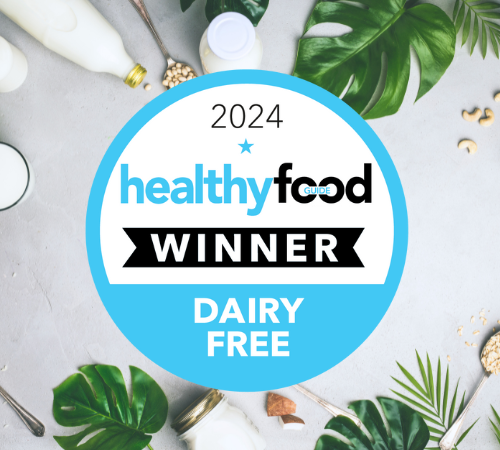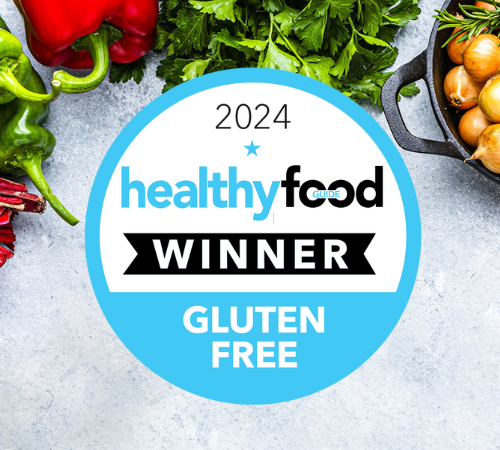
We’re often told that it’s better to buy organic food, but what does organic actually mean? Nutritionist Amanda Ursell does some digging to find out whether organic produce is actually any better for us.
If you think choosing organic foods is a shortcut to a healthy diet, it’s worth having another look at the research on nutrition.
What does organic actually mean?
Organic foods have been shown to contain lower levels of synthetic pesticides than those grown using traditional modern farming practices. It’s worth noting the amounts of residues found in the latter are still below the thresholds determined to be safe for us to eat.
How important these differences are remains controversial. When it comes to your 5-plus-a-day, for example, most scientists agree it’s better to get your full quota from standard fruit and vegetables than to just have one or two organic versions.
Does that mean organic is more nutritious?
When looking at the nutritional content of organic versus non-organic, the message remains the same. Most studies report no significant differences between the vitamins, minerals and supernutrient content of either type.
However, in a study in the British Journal of Nutrition back in 2014, which used a database of 343 previously published studies, a meta-analysis calculated that organic crops contained 18 per cent to 69 per cent higher concentrations of antioxidant compounds (depending on the type of antioxidant). Researchers concluded that switching to organic fruit, vegetables and cereals would up our antioxidant intake by 20-40 per cent.
Even this isn’t as clear-cut as it seems. Not only are there big variations within the practices of conventional and organic agriculture, but there are also naturally wide ranges in antioxidant content within different varieties of the same plant species.
So is it better to buy organic?
When it comes to nutrition, at Healthy Food Guide, we feel strongly that the most important steps you can take to achieve a healthy diet are to switch to whole grains, include at least five portions of vegetables and fruits daily and limit your red meat intake to eat 500g or less per week.
Opting for more sustainable and nutritious protein choices (including, for example, a wide variety of pulses) and opting for lower-fat dairy foods are other foundations of a healthy, nutritious diet.
If you can achieve this while keeping oils to the ‘good’ types and sugary and high-fat snacks, puddings and treats to a minimum, it’s widely agreed by nutrition experts that you’ll be doing your overall nutritional health more good than simply switching to organic.
This is because it is still perfectly possible to tuck into processed versions of organic foods and end up with a significantly less nutritious eating plan than a well-balanced, non-organic version.
Ultimately, the choice between organic and non-organic is a personal one, which is often dictated by a number of factors quite apart from nutritional concerns, including views on sustainability and affordability.
Article sources and references
- Barański, M., Średnicka-Tober, D., Volakakis, N., Seal, C., Sanderson, R., Stewart, G., . . . Leifert, C. (2014). Higher antioxidant and lower cadmium concentrations and lower incidence of pesticide residues in organically grown crops: A systematic literature review and meta-analyses. British Journal of Nutrition, 112(5), 794-811. doi:10.1017/S0007114514001366https://www.cambridge.org/core/journals/british-journal-of-nutrition/article/higher-antioxidant-and-lower-cadmium-concentrations-and-lower-incidence-of-pesticide-residues-in-organically-grown-crops-a-systematic-literature-review-and-metaanalyses/33F09637EAE6C4ED119E0C4BFFE2D5B1
www.healthyfood.com










